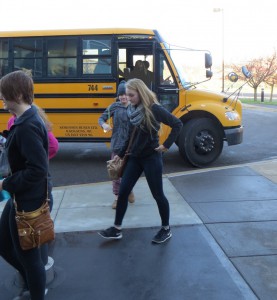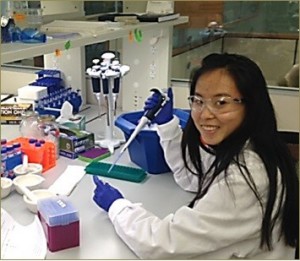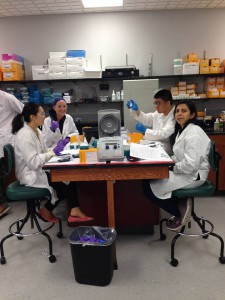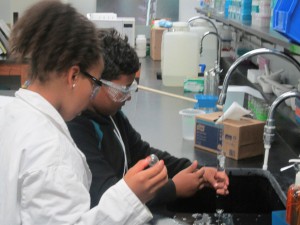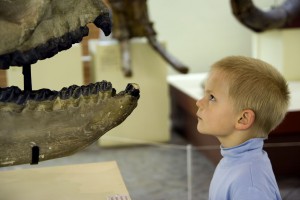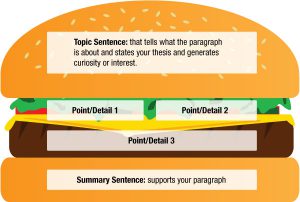
Last night I was helping my daughter, who is in fourth grade, with her homework. We had completed a math worksheet, a geography worksheet and had moved onto writing. For her paragraph assignment, she was supposed to write about a special place. So I began drawing the concept map that we typically use to help her organize her thoughts. She stopped me before I could get started.
“No Mom, wait,” she grabbed the pencil and paper from my hands, “I have a better idea.”
She drew five shapes on the paper.
“We should write the paragraph like it’s a hamburger. The first sentence is the topic—it’s the top of the burger, tells you what is inside—it makes you hungry to read more. Next comes the juicy, meaty part. Three details—three sentences. Then the bottom bun, the summary that supports the whole paragraph. It’s the hardest to write.” She proudly sat down with her drawing and pencil.
“I LOVE that,” I exclaimed. “That’s a great way to organize a paragraph.”
“Yeah,” my husband looked up from his Suduko that he had been working on, “and the cheese goes right here.” He pointed to one of the three boxes my daughter had drawn underneath the bun.
“And the lettuce over here,” my daughter giggled.
“Well, I like mine with lettuce and tomato,” I chanted with no apologies to Jimmy Buffett, “Heinz 57 and French-fried potato..,”
“A big kosher pickle,” my daughter joined in, and the evening’s homework activities degenerated from there. (Sometimes it’s the parents who are easily distracted.)
My daughter’s hamburger graphic was new to me, but the concept wasn’t. It is a solid method for organizing a piece of writing, and it can be applied all kinds of writing—from a paragraph, to an essay, to a speech and even to a scientific article.
Continue reading “Back to Basics: Organizing Your Writing like It’s a Hamburger”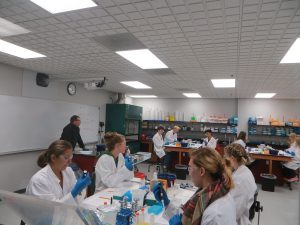
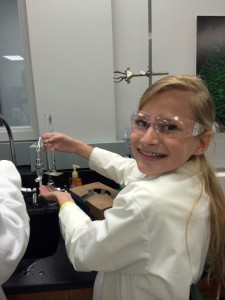
 The University of Wisconsin’s Master of Science in Biotechnology Program (MS-Biotechnology Program) is uniquely designed for working professionals who would like to further their careers in biotechnology. It is based on an interdisciplinary curriculum that focuses on the science, law, and business of biotechnology.
The University of Wisconsin’s Master of Science in Biotechnology Program (MS-Biotechnology Program) is uniquely designed for working professionals who would like to further their careers in biotechnology. It is based on an interdisciplinary curriculum that focuses on the science, law, and business of biotechnology.